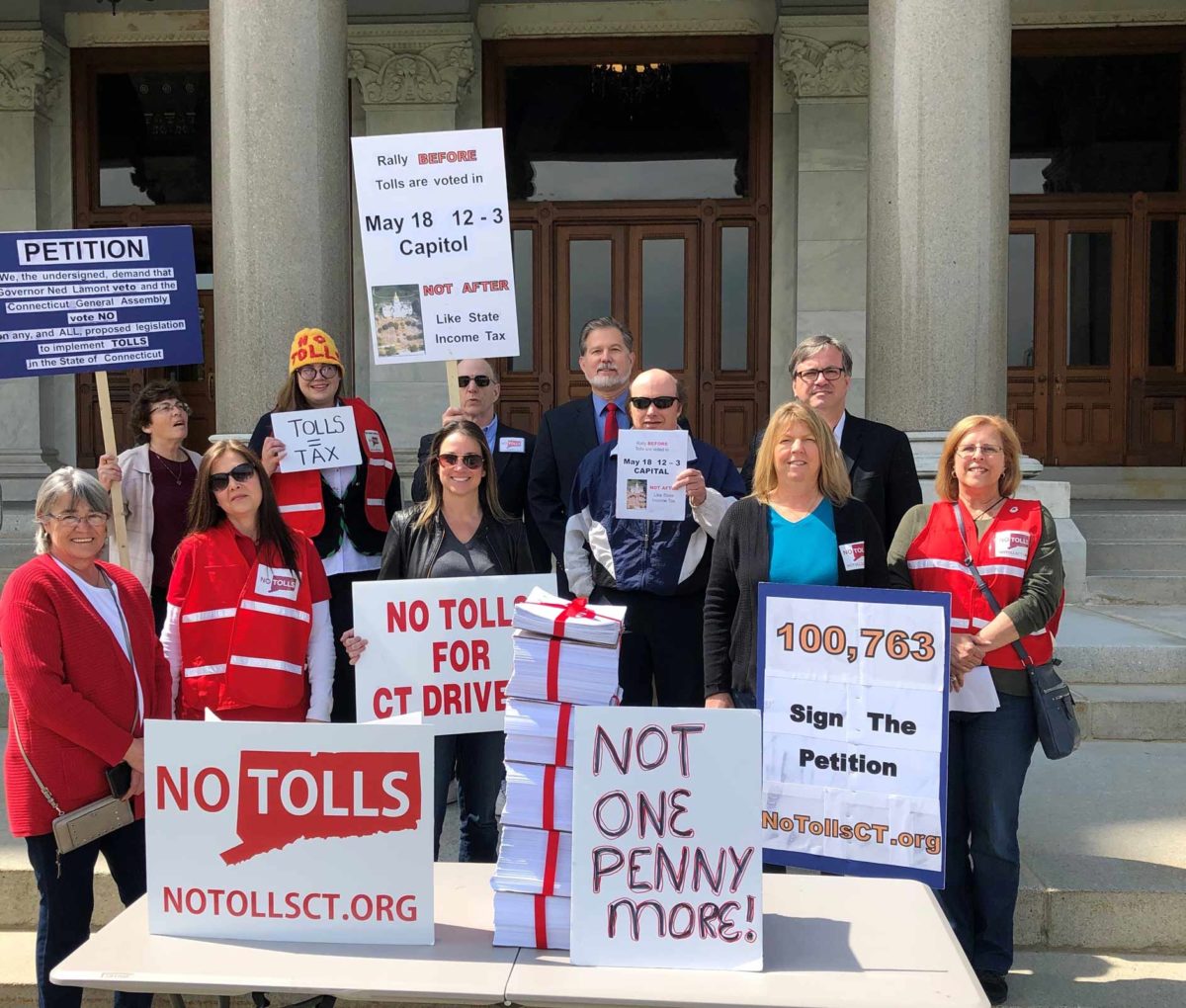
To critics, a lot of what industrial development agencies (IDAs) do is little more than corporate welfare. In fact, that phrase is used in a recent announcement stating that Democratic state Sens. Shelley Mayer of Westchester and James Skoufis of Orange County have introduced legislation in Albany designed to “increase accountability and transparency in the IDA process, rein in corporate welfare and reduce opportunities for conflicts of interest.”
While expressing support for economic development and IDAs, Mayer said, “I am committed to ensuring that when tax dollars are spent, through expenditures or financing, they are spent wisely and transparently and that communities receive the maximum benefits from investments.”
One community that has been taking concrete steps to preserve the flow of funds into its coffers when the Westchester County IDA gives breaks to developers is White Plains. Sales tax exemptions and mortgage abatements are among the most common benefits the Westchester IDA provides and have been seemingly routinely granted to developers of projects in White Plains. Those IDA exemptions and abatements include the county”™s share of the taxes and the city”™s share. White Plains has been concerned about anticipated losses of that tax revenue and its ability to make up the funds elsewhere due to the New York state property tax cap.
The city has the right to formally object to the IDA providing assistance to any project within its borders. Such an objection would block IDA assistance and, in turn, could make it financially unworkable for a developer to move ahead with a project. So, developers seeking to retain at least some IDA benefits have been agreeing to pay directly to White Plains the amounts the city otherwise would be losing in sales and mortgage tax revenue.
At the Common Council meeting on May 6, resolutions were passed affirming that the city will not object to IDA benefits being granted to certain projects. The resolutions also set the stage for the city to collect about $7,537,383 in tax revenues from developers. Each developer has a payment schedule based on the project”™s timelines.
During the voting process, White Plains Mayor Tom Roach said, “I think we”™re the only community which this happens in. We receive compensation from the developer for what we would have received for the sales tax and the mortgage tax, which is significant.” Roach said that since his first days on the Common Council, “I sought ways to try and shift the burden off of our local taxpayers and this is one of the ways that we do that.”
A resolution affecting 440 Hamilton Owner LLC covered a project at the former AT&T building which is due to include 468 apartments and 3,420 square feet of retail space. It extended and amended a previous agreement covering what would have been about $995,640 in sales taxes and $648,319 in mortgage tax payments for the city.
Another resolution covered the project by ND Acquisitions LLC ”“ Waterstone Residential Development, for 132 independent living units at 120 Bloomindale Road. It was designed to ensure the city receives the equivalent of about $728,952 in sales taxes and about $390,240 in mortgage recording taxes it otherwise would have lost as IDA benefits for that project.
Westmoreland Lofts LLC is planning to develop a mixed-use building containing 62 residential units with a roof-top terrace and ground floor retail at 138-158 Westmoreland Ave. The timetable for the project changed, requiring the council to pass a new resolution allowing it to collect about $217,000 representing sales taxes and about $53,500 in mortgage recording taxes.
A fourth resolution covered the project at 60 South Broadway, the site of the former Pavilion Mall and, before that, Alexander”™s department store. LMC/Lennar Multifamily Communities, LLC, through its business affiliate Maple and Broadway Holdings LLC, plans to build a two-phase project which will include 814 residential units and 28,056 square feet of retail use and associated parking and amenities. It has agreed to reimburse the city approximately $3,253,731 in sales tax revenue and about $1,250,000 in mortgage tax revenue.
Roach has been a longtime proponent of the city establishing its own IDA, but past efforts to get Albany to approve legislation allowing for a White Plains IDA have failed. A local IDA would give the city direct control over incentives for developers and obviate the need to act after the fact to collect what the county”™s IDA offers as benefits.



















